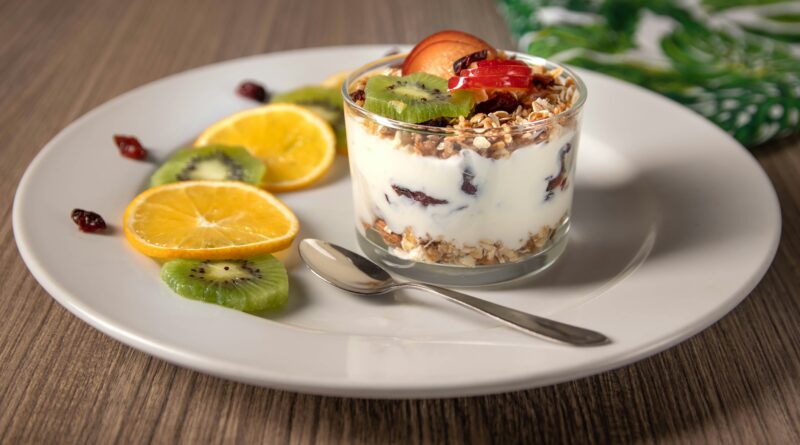Can Probiotics Help Your Lose Weight?
Sourabh Sinha, aged 36, is an assistant manager at a large corporate financial and consulting firm. For the last two years, he suffered from increasing weight and stage 1 non-alcoholic fatty liver disease. At a young age, he took lots of medicine and was forced to engage in morning exercise, which he often missed out on. He is not alone, notwithstanding. Many people in their 30s and early 40s suffer from this kind of ailments in India, thanks to midnight junk food binges and a penchant for red meat. Even if you do a regular gym session, it will not help because of this kind of diet habit.
In his last-ditch effort, Sourabh went to nutritionist Bijoya Chakraborty, who incorporated probiotics into her obesity management strategies. After a year of regular probiotic consumption after breakfast and a consistently healthy diet, he lost around 15 kg.
To Know More About Top 5 Weight Loss Tips
What are Probiotics?
Every day, we consume lots of fat and sugar, unknowingly or knowingly. Twenty or thirty years ago, most of the sugar and fat came from raw foods such as home-cooked meat, sweet recipes in homes, etc. However, things have changed drastically in two decades; most working-class people now depend on home-delivery food, and it is no surprise that any outside food is always rich in fat, carbohydrates (sugar), and stale spices. These types of foods can disrupt our gut microbiome. Simply put, probiotics are ‘good’ bacteria that can help restore digestive health and boost immunity. One can take in dietary supplements or from regular food such as curd.
So, how do probiotics work? In most obesity and severe gastrointestinal cases, the gut microbiota is imbalanced. Probiotics help restore balance, which has a beneficial influence on energy and fat deposition. Probiotics also improve satiety signalling so that people can better recognise when they are full and stop eating.
A study conducted by Universiti Putra Malaysia found that Lactobacillus casei strain Shirota supplementation improved body weight management. Of course, it does not reduce weight, but it helps check fat absorption in the body. Besides, the gut microbiota helps form short-chain fatty acids like butyrate through the fermentation of dietary fibres. These fatty acids play a role in energy and appetite regulations.
Probiotics are not a product of quick fix of dietary fat absorption or carbohydrate metabolism. In 2023, Seoul National Unversity Bundang Hospital (South Korea) conducted a study and found the probiotic stain Bacillus coagulans helped minimise visceral fat, body weight and waist circumference after 12 weeks without any dietary changes. The fermentation process triggers the release of biologically active compounds that can influence metabolism and fat storage.
Probiotic Is Not A Magic Bullet
Doctors are clear; nevertheless, probiotics are not a magic bullet. You cannot manage your weight by just gulping lots of probiotics day after day. The fundamental necessary is, of course, a balanced diet and healthy habits. Moreover, overpopulating your stomach with probiotics without a balanced diet will do more harm than good.
Most experts believe probiotics play a supportive role instead of an active supplement in reducing weight. Obesity, like many other metabolic disorders, is influenced by multiple factors. You cannot get good results by adopting a single supplement. There are many factors such as imbalanced gut microbiome, unhealthy eating habits, sedentary lifestyle and genetic predisposition. The issue is addressed by giving probiotics, but unless the cause of the disturbance is addressed, you will only have a partial solution.




